What is the Best Material for a Bathtub?

Bathtub materials influence the appearance, weight, heat retention, and price of these expensive plumbing fixtures. And, because tubs are not easily replaced, it is critical to understand what you are purchasing so that you are satisfied with your purchase for many years to come. Here are names of the best bathtub material that will assist you in making the best decision when purchasing a new bathtub.
Porcelain Enameled Steel
Porcelain-enameled steel is a popular and typically low-cost choice. This tub is somewhat heavier than acrylic or fiberglass but significantly lighter than old-fashioned enameled cast iron. It is made of steel sheets that have been covered with porcelain enamel.
Pros
· Can be highly inexpensive.
· Lightweight in comparison
· There are standard versions available (60 x 30 inches)
· Durable
· Simple to clean
Cons
· When things are dropped, the surface might chip.
· Rust may develop on even the smallest of chips.
· Color and form possibilities are limited.
· If not properly insulated, it may be rather loud.
· Heats up rapidly.
Acrylic
Acrylic tubs are popular because of their adaptability, durability, variety of possibilities, and inexpensive cost. This tub is constructed of vacuum-formed acrylic sheets reinforced with fiberglass. Acrylic tubs are lightweight and straightforward to set up.
Pros
· Lightweight
· Affordable
· There are several colour, form, and style options available.
· Durable
· Non-porous surface
· The cover can be repaired.
Cons
· If abrasive cleaners are used to clean the surface, it may scrape.
· During installation, stress areas must be carefully strengthened.
· Acrylic costs more than fiberglass.
Fiberglass
Another low-cost bathtub material is fiberglass. This tub is constructed with layers of surface coat, polyester resin, and fiberglass reinforcing. Fiberglass tubs are less costly than acrylic tubs but have a shorter lifespan.
Pros
· Lightweight
· Simple to set up
· Insufficient cost
· Simple to clean and maintain
· The surface is repairable.
· A fantastic alternative for a shower/tub combo.
Cons
· Not as long-lasting as other materials
· The surface is prone to cracking and scratching.
· The finish is prone to fading.
· Color selections are limited.
Enamelled Cast Iron
Enamelled cast iron is a classic bathtub material that is sturdy and weighty. The tub is composed of porcelain-enameled molded iron. The weight is the only noticeable downside (and a severe one). A cast-iron tub is a more expensive alternative, but it is a long-term investment. Because of its importance, a cast-iron tub can be challenging to install and may need structural reinforcing of the floor.
Pro Tips: Because of its endurance, many professionals favor enameled cast iron. 1 When damaged, this material may be refinished, increasing its longevity even further.
Pros
· Very durable
· Thick enamel is resilient to breaking and scratches.
· Can be resurfaced
· Timeless look
· Excellent heat retention
· Many color choices available
Cons
· Very heavy
Cast Polymer
Materials for cast polymer bathtubs include designed natural stone and solid surface materials. Minerals, polymeric compounds, and resins are molded to make a solid material akin to solid-surface countertops (such as Corian). A gel-coat finish is often applied to the tubs.
Pros
· Can be reasonably priced
· There are several color choices.
· Surface scratches are easily wiped away.
· Mildew and stain resistance
Cons
· Brittleness is possible.
· Gel coat wear might result in irreversible cracks.
Stone Resin
Stone resin is a compound used to mimic the appearance of natural stone. This is one of the most effective bathtub materials.
It has a significant aspect. It's made of crushed actual stone and stone-looking polymer resin.
These tubs are heavy and require unusual fundamental surrounds to support their weight.
As you can expect, any of these authentic, one-of-a-kind sculptures has a fantastic "wow factor." This comes with a hefty price tag.
Pros
Stone resin has an extremely long lifespan, lasting for quite some time without the need for frequent maintenance, and when it does need to be thrown, it is 100 percent recyclable.
Cons
While it is more expensive than acrylic or fibreglass, stone resin can survive the test of time and will save you a lot of trouble in the long run.
Conclusion
So, this is the wrap. Now you can see easily choose the best bathtub for your house and enhance your bathing experience.


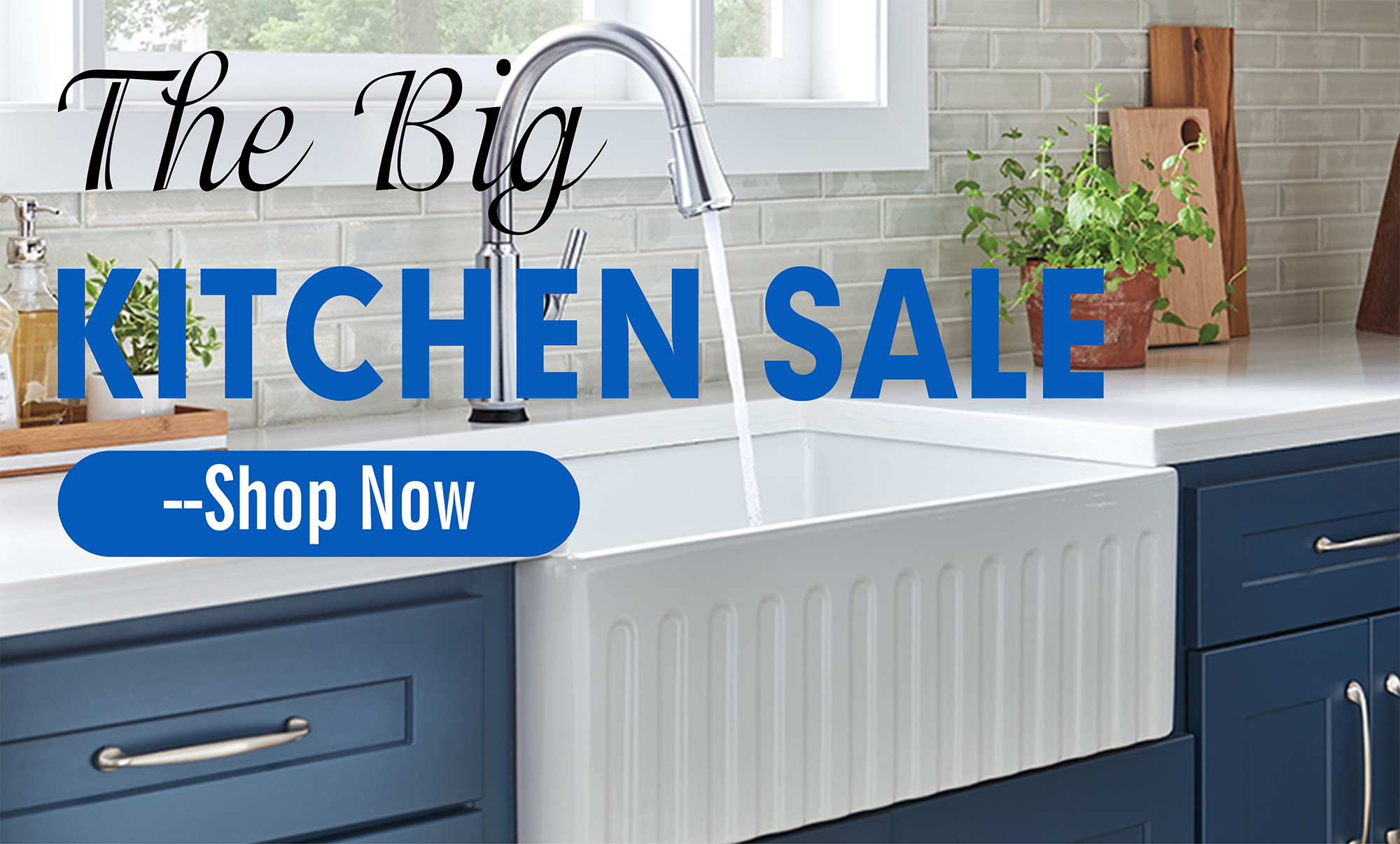
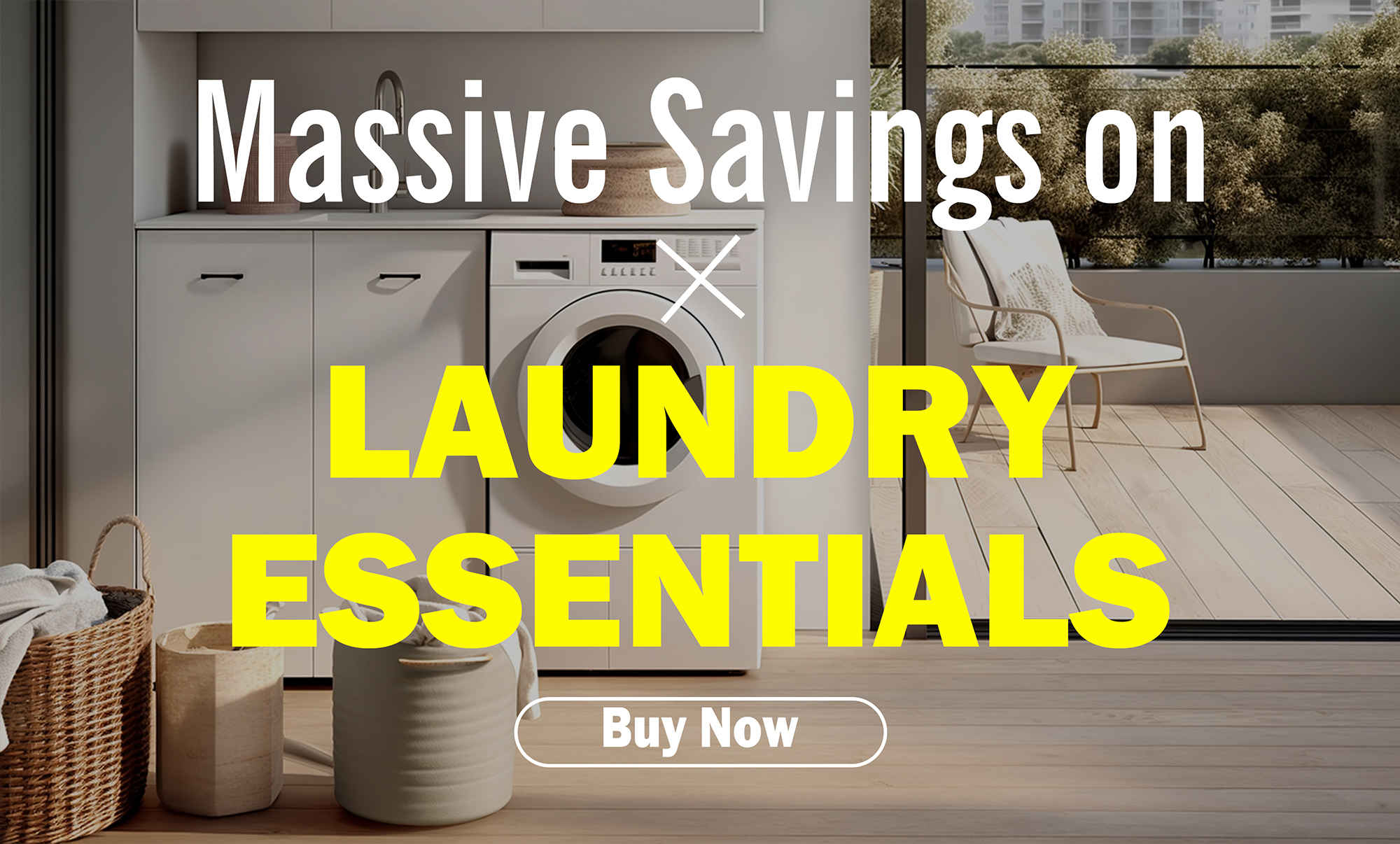
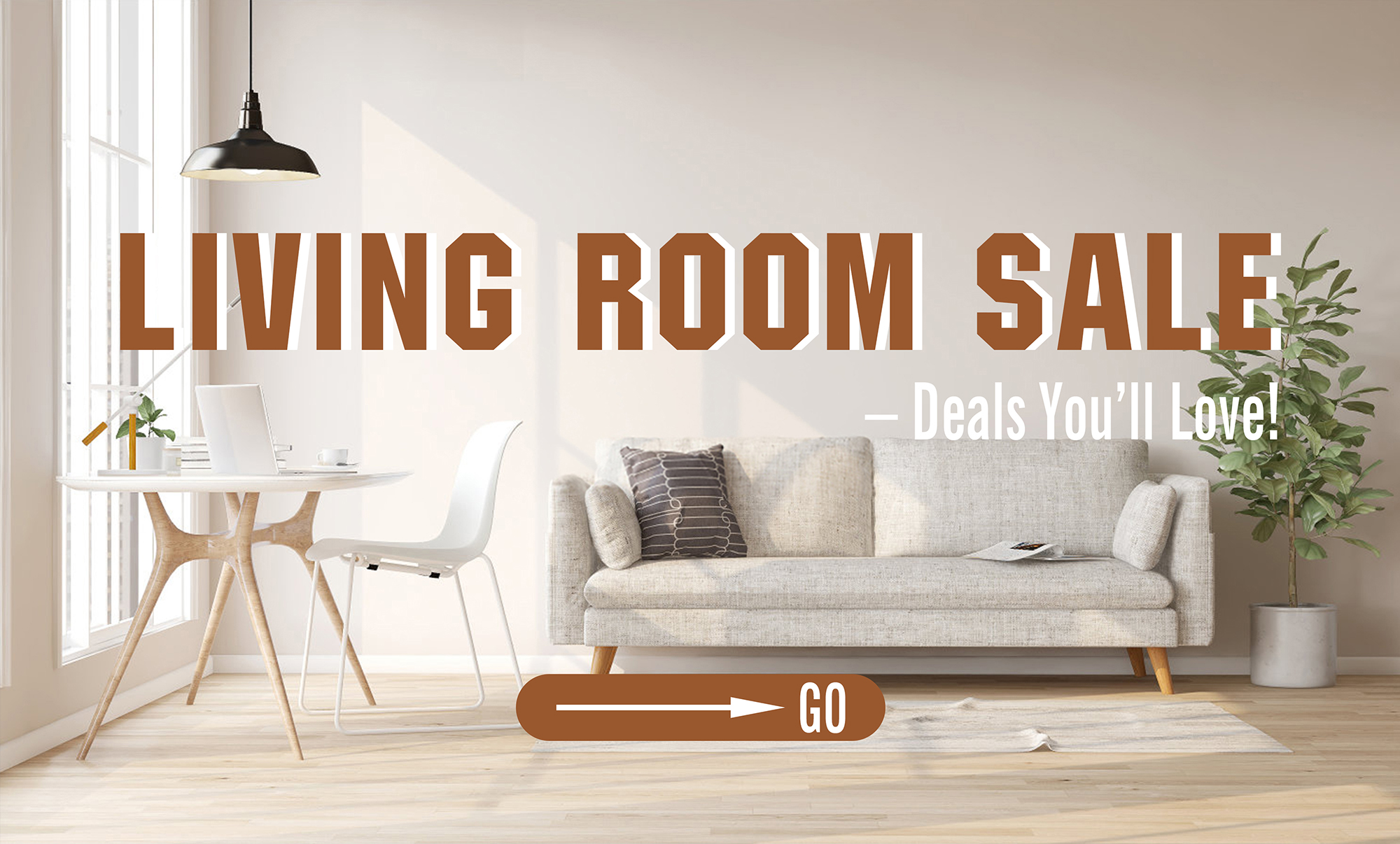

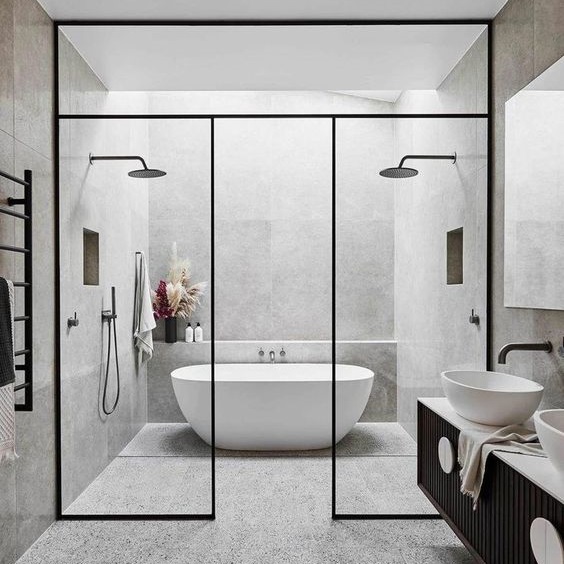
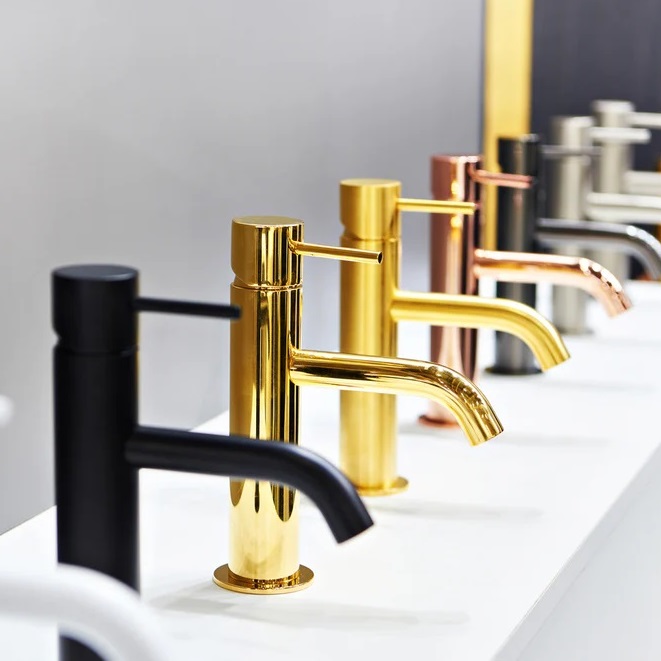
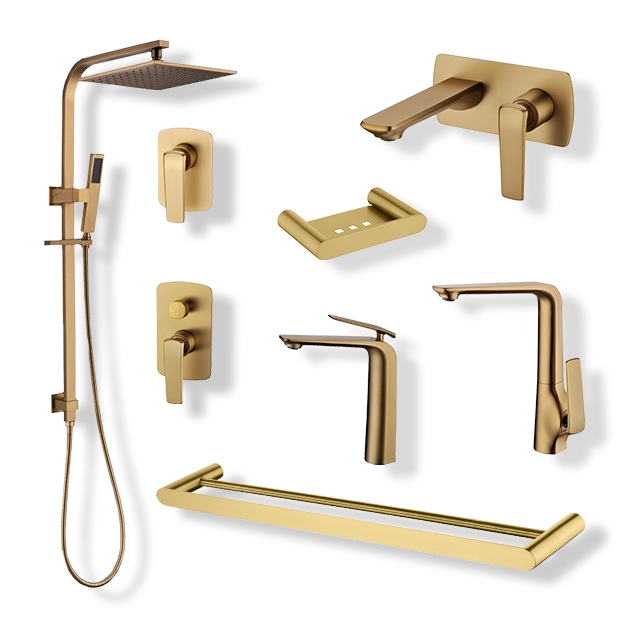


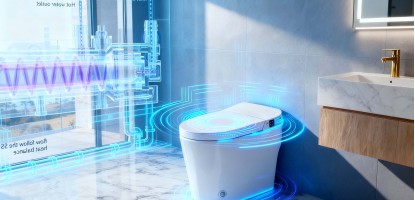
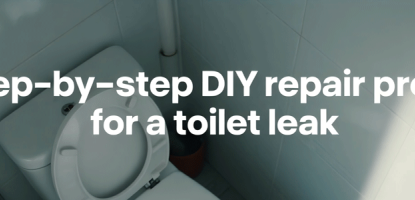
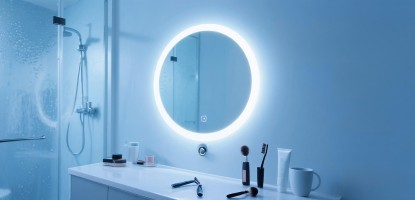
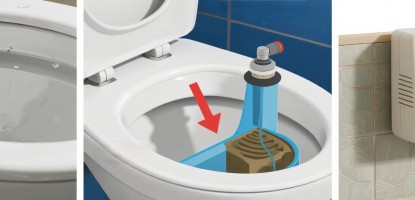
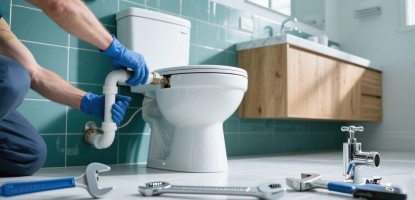
Leave a Comment